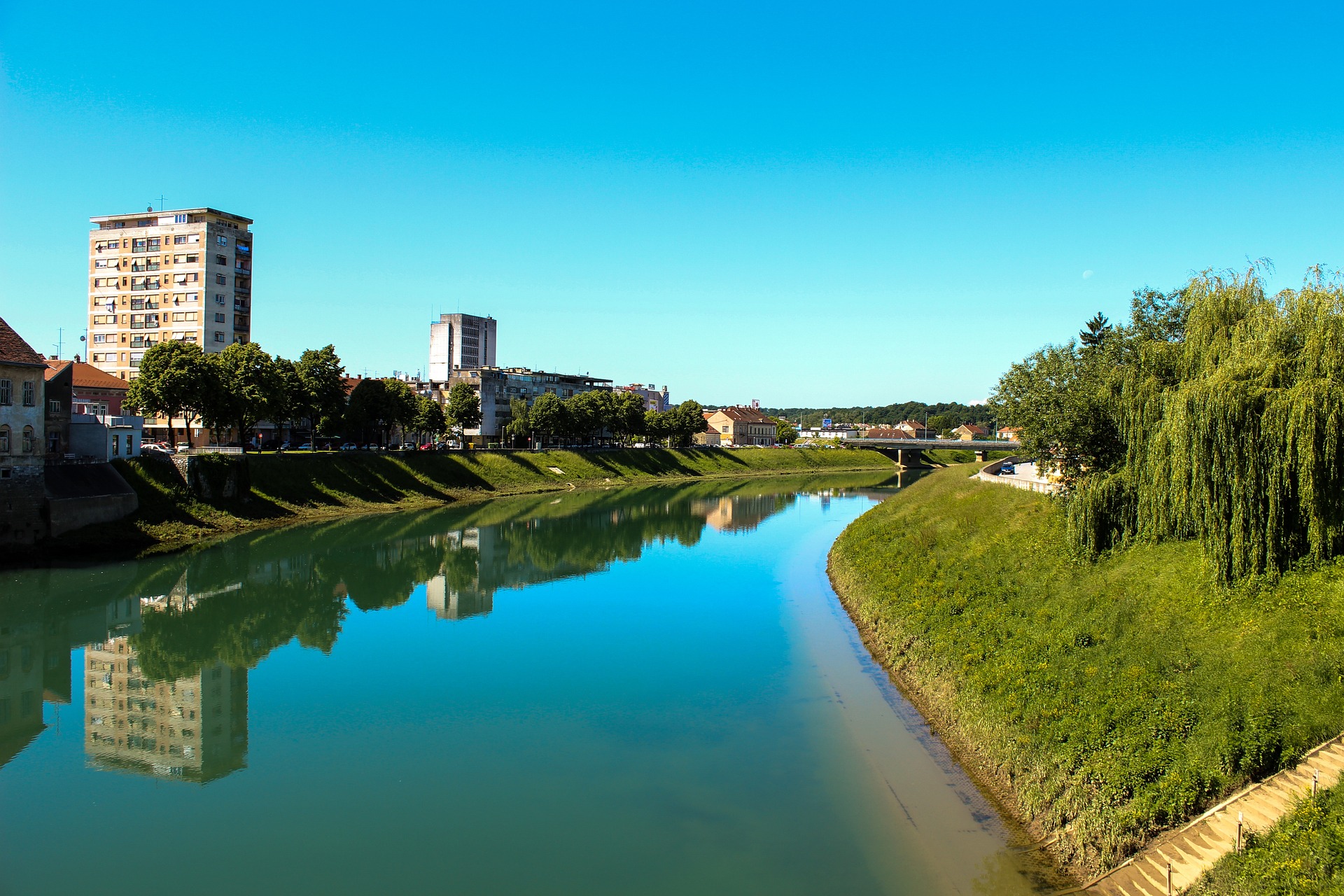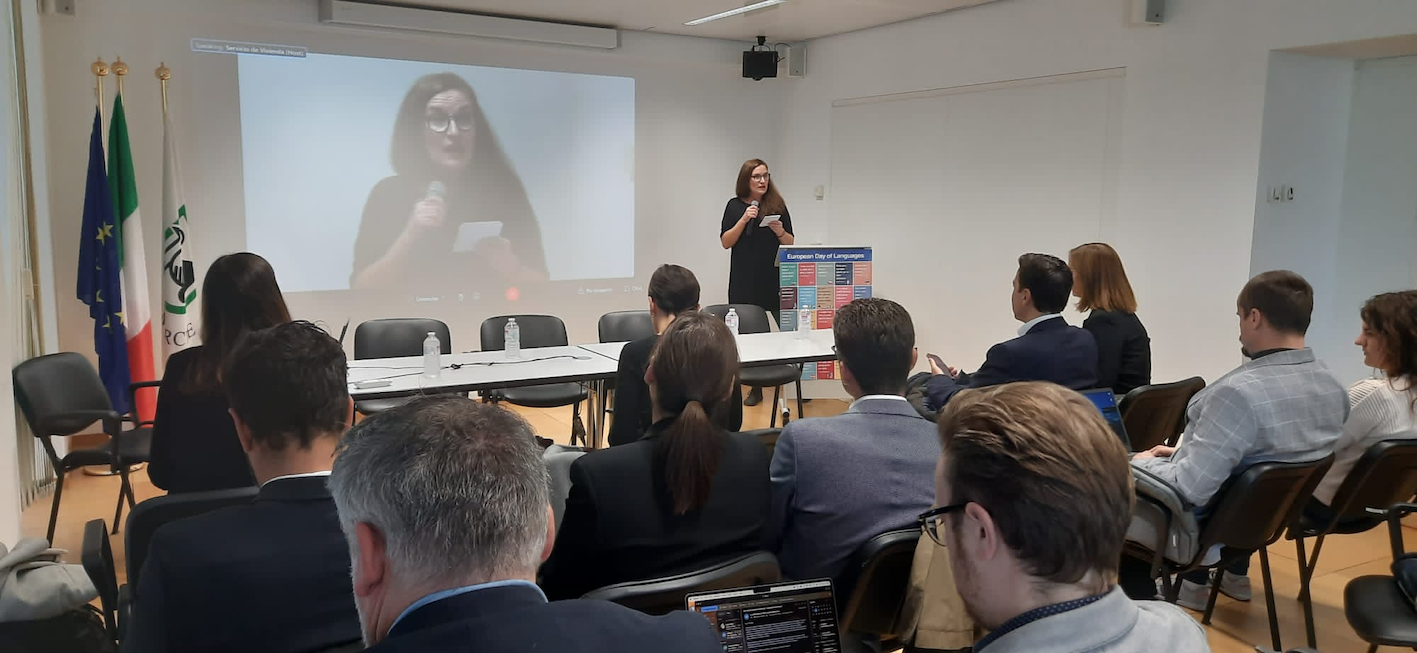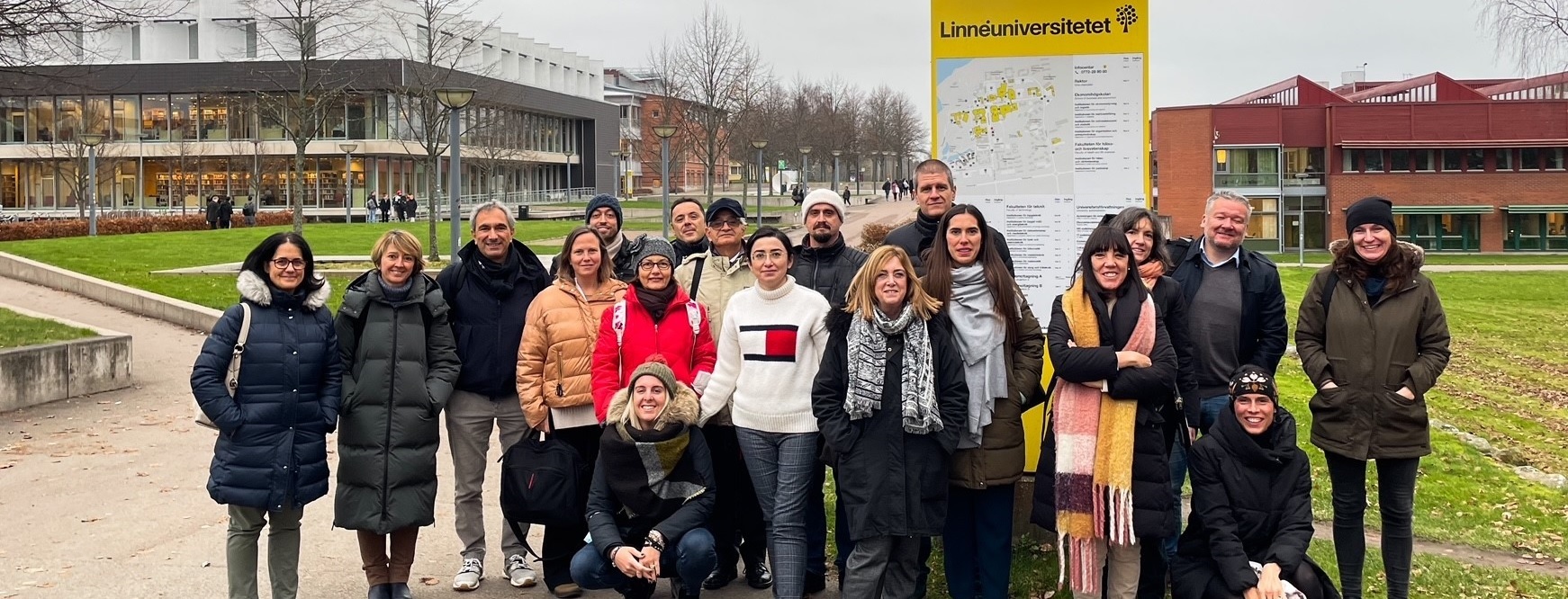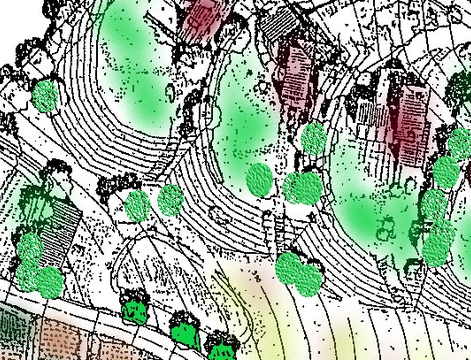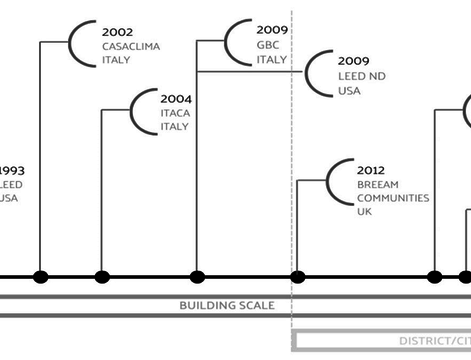The final presentation will be devoted to our Italian partner, the Marche Region. As part of the project, they would like to focus on comprehensive solutions to problems in cities in line with the transition to a low-carbon economy and develop a new sustainable urban plan for areas hit by the earthquake in 2016.
Marche Region is situated in the middle of the eastern side of the Italian peninsula. The region has a population of around 1.5 million inhabitants and includes 239 municipalities. The largest one and the regional capital is the city of Ancona, home to almost 100,000 people. There is an expanded network of SMEs in the region, and organic farming and tourism activities form the basis of the regional economy.
Taking into account historical data and forecasts of household, industrial, service and transport consumption, the region ranks among the highest energy dependent regions in Italy. Sustainable urban development is one of its main challenges; since 1950s 70% of population growth has been concentrated in cities, and these spaces now suffer from multiple problems and require a comprehensive strategic approach. In addition, an earthquake struck the region in 2016, damaging a significant number of public and private structures in 87 municipalities. These were mainly old, large energy-intensive building complexes, which require specific energy efficiency and seismic safety measures when renovated.
For this reason, the Marche region now wants to focus on improving regional policy and supporting the transition to a low-carbon economy. Our partners see the greatest benefits of participating in the LC Districts project in interregional cooperation and sharing expertise between the participants. The experience gained in the LC Districts project will be transferred in the ERDF Marche Regional Operational Programme 2014-2020 and will inspire the development of a new sustainable urban plan in the areas affected by the earthquake that should combine energy efficiency with seismic retrofitting. Attention will be paid to bottom-up approaches. According to the Marche region, not involving only local government but also relevant stakeholders in the preparation of regional policies is crucial to achieving any effective policy change or other result in regional development.
Marche Region had signed the Covenant of Mayors for Climate and Energy as a territorial coordinator, making the Regional Development Agency SVIM the implementing organisation. The regional government is thus officially committed to sustainable development in addressing the challenges of energy efficiency and will actively pursue replicability of LC DISTRICT results beyond the project.





